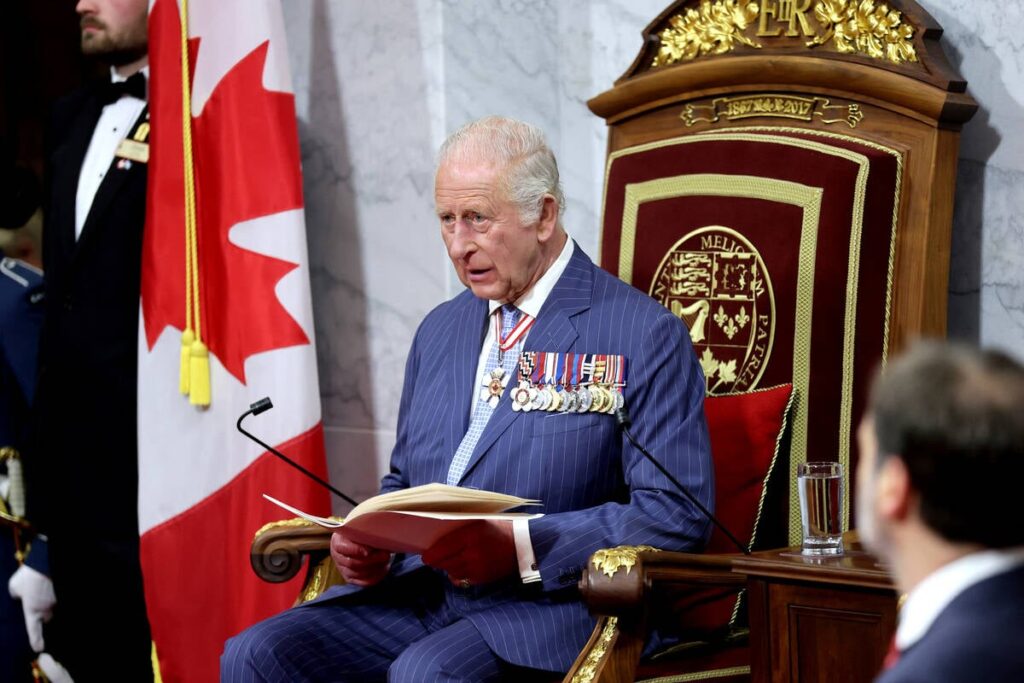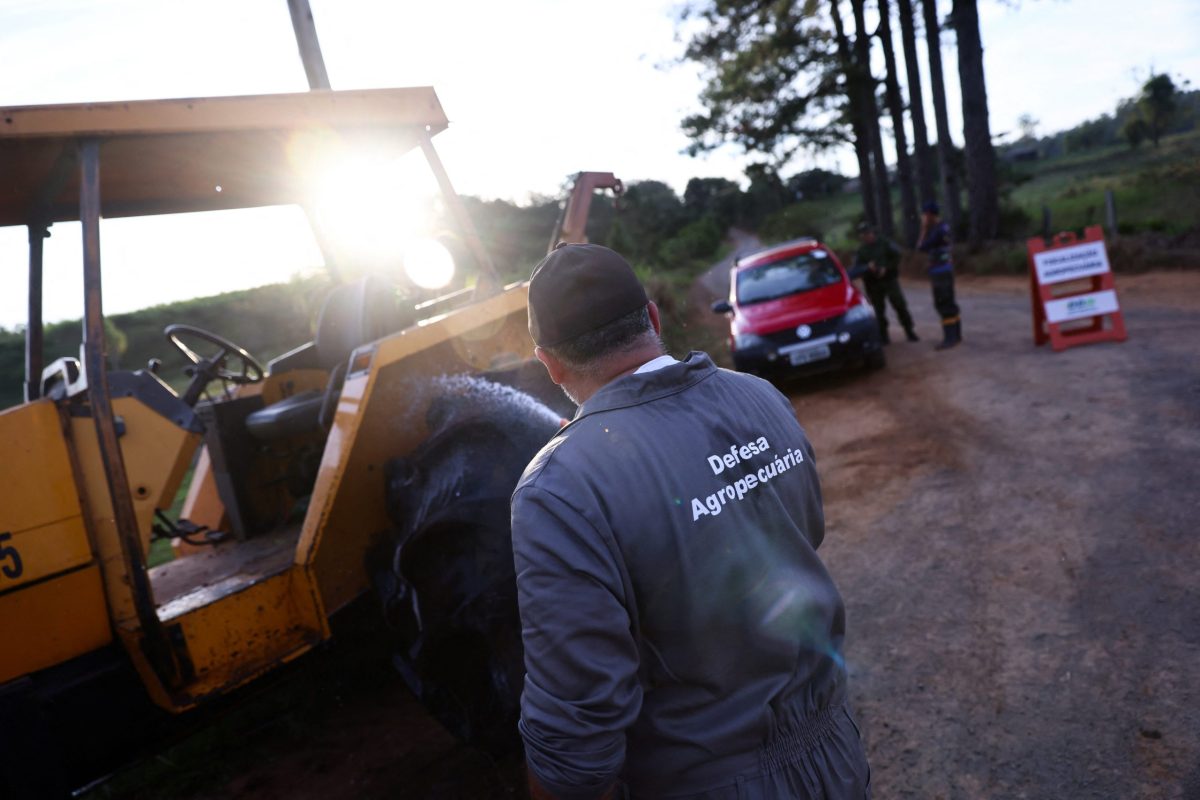Throne speech promises removal of trade, economic barriers, cuts to TFWs

King Charles’ speech from the throne to open the new session of parliament mentioned trade conflicts, environmental issues and labour.
Though spoken by the King, the throne speech is written by the Canadian government and sets the tone and priorities for the upcoming session of parliament.
Here are a few points of note for agriculture:
Read Also


Brazil chicken exports tick down in May after bird flu outbreak
Chicken meat exports from Brazil have fallen slightly year-on-year in May, trade data from the government showed on Monday, after the country logged a case of bird flu on a commercial farm.
Trade and the economy
Canada’s effort to build new trading relationships was one of the first topics brought up.
“The Government is working to strengthen its relationships with reliable trading partners and allies around the world, knowing that Canada has what the world needs and defends the values the world respects,” King Charles said in French.
“Canada is ready to build a coalition of nations that share its values, nations that believe in international co-operation and the free exchange of goods, services, and ideas. In this new, world which is evolving at a frantic pace, Canada will chart the path forward.”
The King said the government will work to “remove all remaining federal barriers to internal trade and labour mobility by Canada Day.”
He said removing barriers will help Canada to “build an industrial strategy that will make Canada more globally competitive, while fighting climate change.”
Immigration and TFWs
The government will cap the total number of temporary foreign workers and international students to less than five per cent of Canada’s population by 2027, said King Charles.
“Doing this… will attract the best talent in the world to build the economy,” he said. “It will make it known to Canadians working abroad that if they are thinking of coming home, there is no better time than now.”
Reducing regulatory barriers with a new office
The new government will create a new Major Federal Project Office to expedite the process of project approval. This will reduce the time needed to approve a project to two years from five.
The King said this will help Canada to survive trade disputes and emerge even stronger, “all while upholding Canada’s world-leading environmental standards and its constitutional obligations to Indigenous Peoples.”
On the campaign trail, Prime Minister Mark Carney pledged to make Canada an “energy superpower,” and to speed up approvals for major resource projects, CBC reported. This included the creation of the Major Federal Project Office.
The government will also form agreements with all interested provinces and territories to “realize its goal of ‘one project, one review,’” the King said.
Environmental policy
King Charles, himself an advocate of environmental causes, spoke to the government’s environmental priorities, something lacking in the recent mandate letter.
“Nature is core to Canada’s identity,” he said.
He referenced the COP15 conference of global leaders in Montreal, which ended with an agreement to protect 30 per cent of lands and 30 per cent of waters by 2030.
To this end, the federal government will “protect more of Canada’s nature than ever before” through the creation of new national parks, marine protected areas and other conservation initiatives,” the King said.
Source: Farmtario.com


